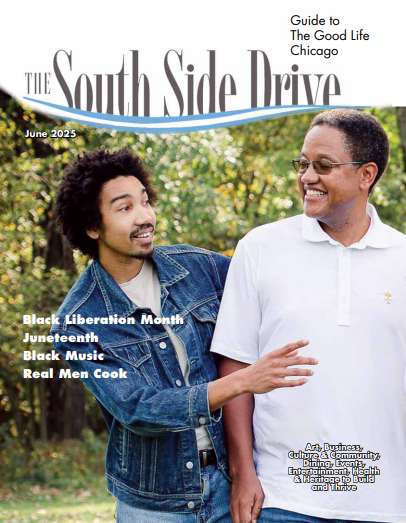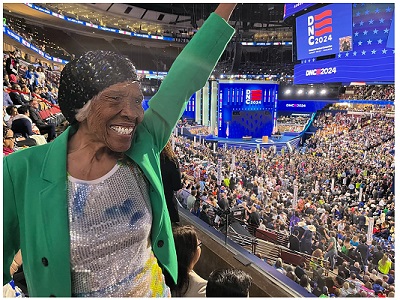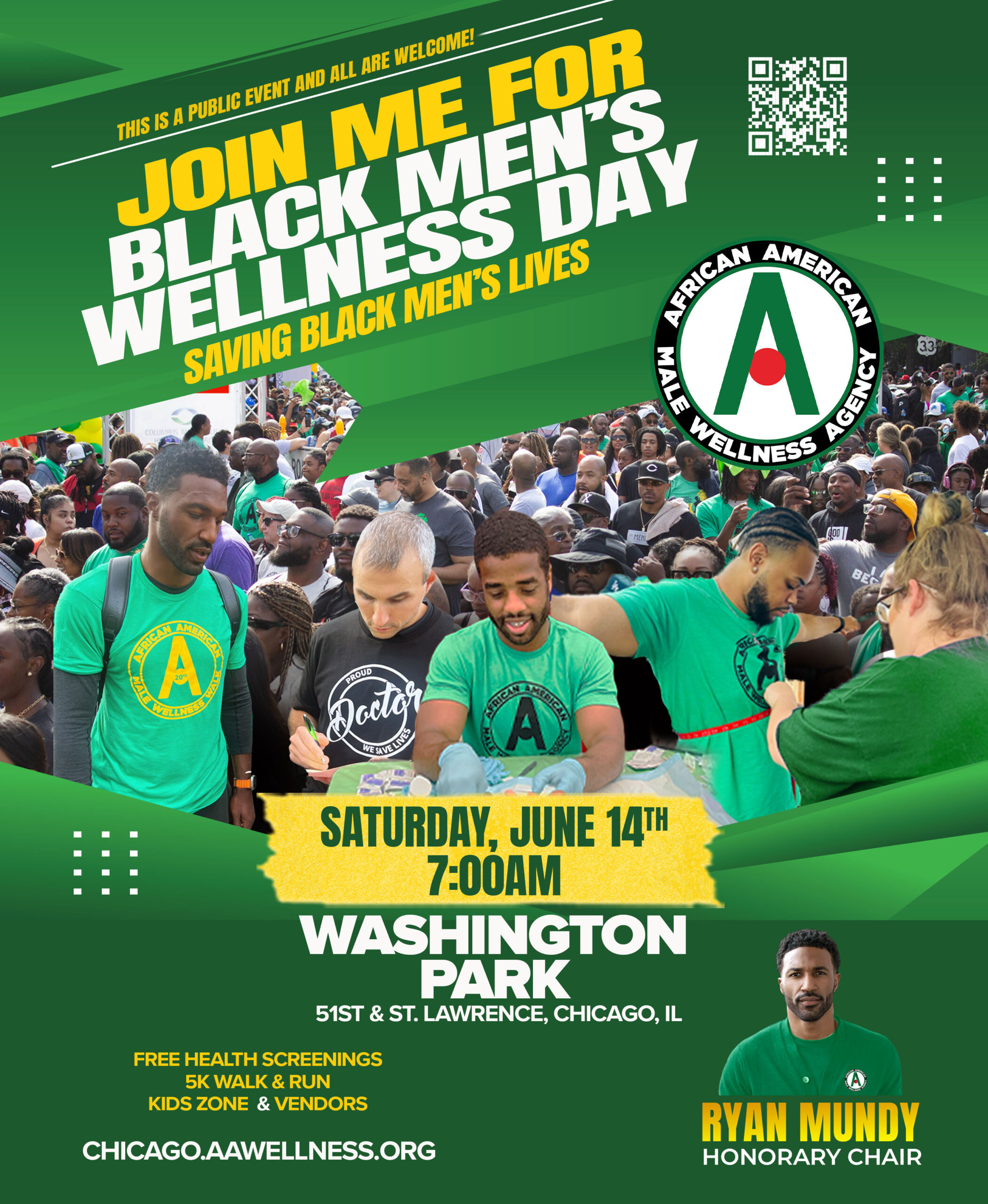Chicago can take pride in the women who have been a part of this great city. Ida B. Welles, Jorja English Palmer, Gwendolyn Brooks, Margaret Burroughs, Oprah. I didn’t name them all. In fact, there’s one important name that, to me, stands above the rest for all she’s done, for all she’s contributed to our city in the name of justice and civil rights and equality. That name is Arnette Hubbard – Judge Arnette Hubbard, now retired Judge Arnette Hubbard.
Judge Hubbard began contemplating a career in law at a young age, sitting on the steps of her Arkansas home, listening to her grandfather. Her grandfather, was a respected notary public and a driver for a lawyer.
That was during the era of “children should be seen and not heard” when grown folks were talking. Arnette also mentioned that when grown folks talked around kids, they were careful not to use cuss words, which is why when her grandfather uttered the word “damn” her ears perked up. “It’s a damn shame what they did to Plessy,” young Arnette’s grandfather said.
Years later, after receiving a B.A. in mathematics and chemistry from Southern Illinois University because she thought she wanted to pursue a career in math and chemistry, but later found out there were no viable paths to a successful career for Black women in those fields; and after then going to law school and graduating from the University of Illinois John Marshall Law School, passing the bar and being sworn in as a lawyer, she saw exactly what her grandfather was talking about.
She agreed, it was not only a damn shame what they did to Plessy in Plessy versus Ferguson, but other cases leading up to the Brown v Board of Education inspired her to use her career choice of law to help right the wrongs and the damn shames that stood as obstacles to justice and equality for her people. Her motto became “Law created segregation, and law can dismantle those unjust laws.”
Hubbard didn’t enter the practice of law on her own. She stood on the shoulders of many mentors and associates along the way, including her grandfather from whom she learned so much as an avid listener during those stairstep conversations at his Arkansas farm. Her mentors also included her high school teacher who held Black history classes during the lunch hour, and her aunt, a licensed cosmetologist who sent her through college and read the 2,092-page “Gray’s Anatomy” to gain an understanding of the human body in preparation for her cosmetology license which inspired Arnette’s own love for reading, no matter how long the book was. She stood on the shoulders of her grandmother, who “sang and hummed regularly as if she had a personal connection with God.”
Along the way to becoming the amazing person she is, Hubbard met some incredible people, such as Thomas Todd whom she got to know very well, and of Professor Todd she says that although she agreed with him some of the time, she also disagreed sometimes, especially when he said, “don’t vote.”
She valued her relationship with Lu Palmer and his wife, Jorja, as well as Nancy Jefferson, and many others including those past and present pioneers of Black media such as Bill Garth of the Citizen, Gus Savage, the Crusader’s Dorothy Leavell, John Sengstacke of the Chicago Defender, and others.
Although she is a great admirer of Thurgood Marshall, she only knew of him through the Black press.
Besides her love for justice and its pursuit, she also has a special love for books and music, all genres of music. Jazz is her favorite, but she also likes country music because it tells a story.
Her career began as a clerk for a Black lawyer who gave her some space while clerking with him and she did some work with the Lawyers for Civil Rights, before going into private practice with two other attorneys.
Hubbard moved onto solo practice as a criminal defense attorney, however, she did so much more than law.
Her involvement in politics included encouraging people to register and to vote, and even once running as a candidate herself for state senator.
She was appointed to the Mayor Harold Washington’s Cable Commission which established cable service in Chicago.
She served on the Board of Election Commissioners She was the first woman president of the National Bar Association, and the first Black President of the Illinois Association of Election Commissioners.
She was a Circuit Judge for the Circuit Court of Cook County, appointed in 1997 and elected in 1998.
She was the first woman President of the Cook County Bar Association.
In 2022 she was honored at the Rainbow Push Coalition by Reverend Jesse Jackson and Bishop Tavis Grant for her “trailblazing legal career that has crashed several glass ceilings.”
Her message to others, especially youth:
. Treat people with courtesy, remembering that the people you serve are trusting you to do your best for them. Always communicate with grace.
. Know your worth and claim it.
. Although we are diverse, we must be one in our pursuit of what’s good for our communities.
. Be mindful of the road we had to walk to get the right to vote and value that right.
. Take time to listen to journeys of elders. Too often the way those that went before us are depicted in history is a disservice to young people. Listen to those who have been there.
. Commit yourself to learning. Read books.
Judge Arnette Hubbard claims she is eighty-nine years old, but it’s hard to believe because she looks so incredibly young and is so amazingly sharp. She says she is not retiring, but in the words of Serena Williams, she is “re-wiring.” Although she was born and raised in Arkansas, we claim her as a Chicagoan through and through. We are grateful for her service to Chicago and the nation and look forward to hearing more of her pursuits in years to come.






